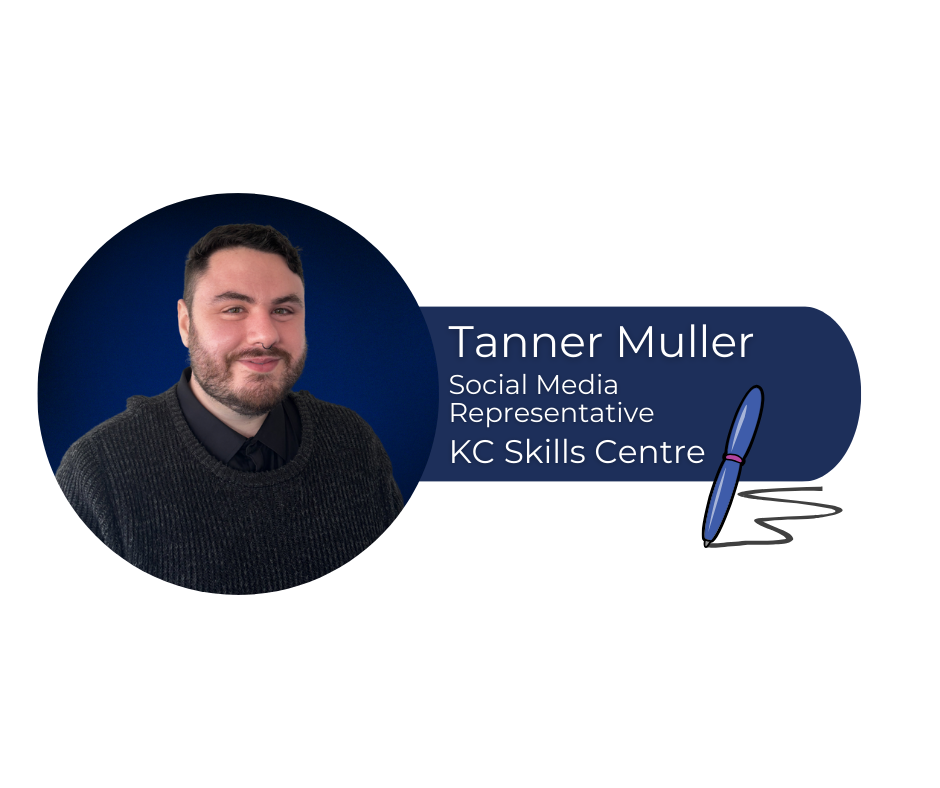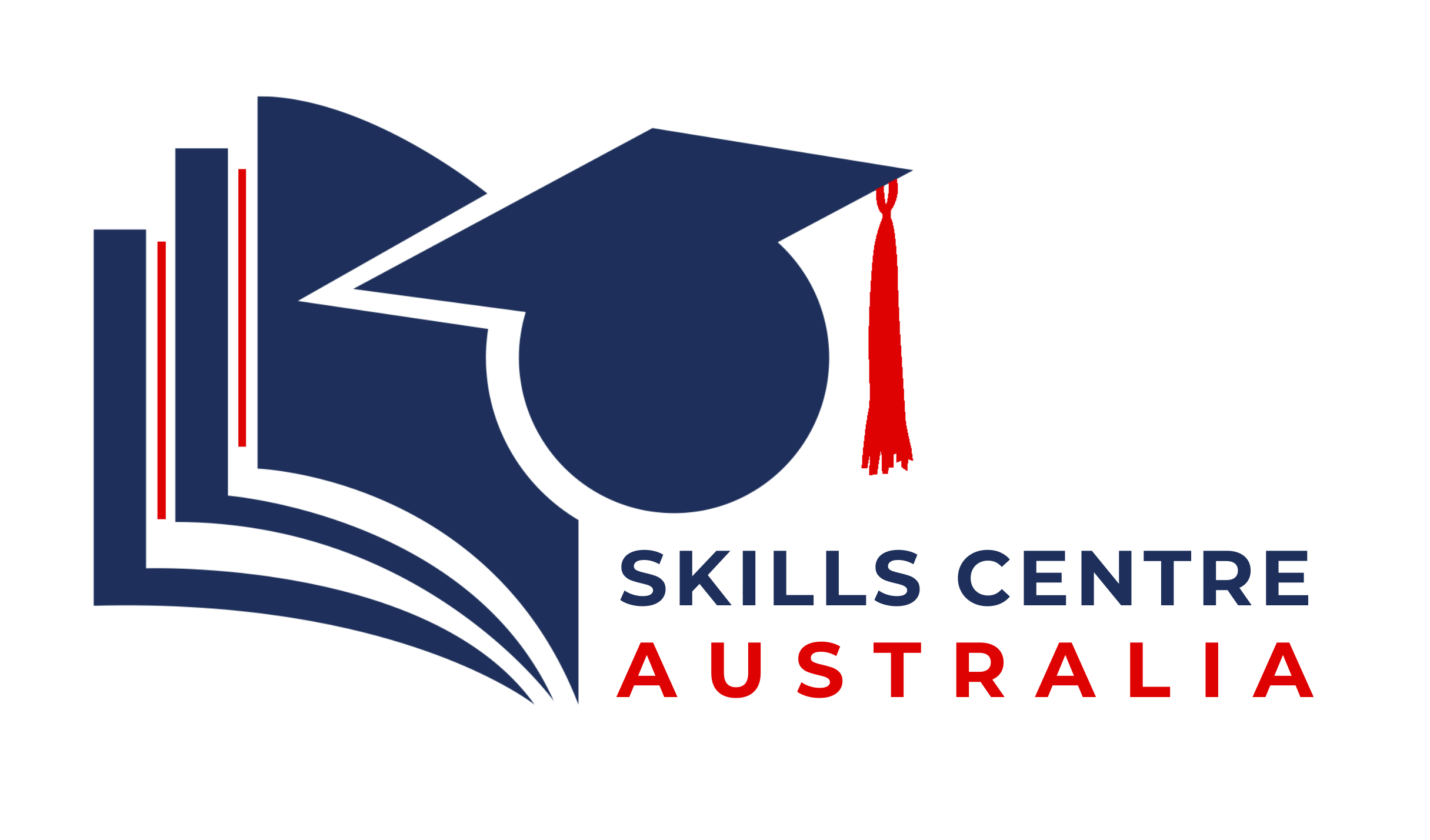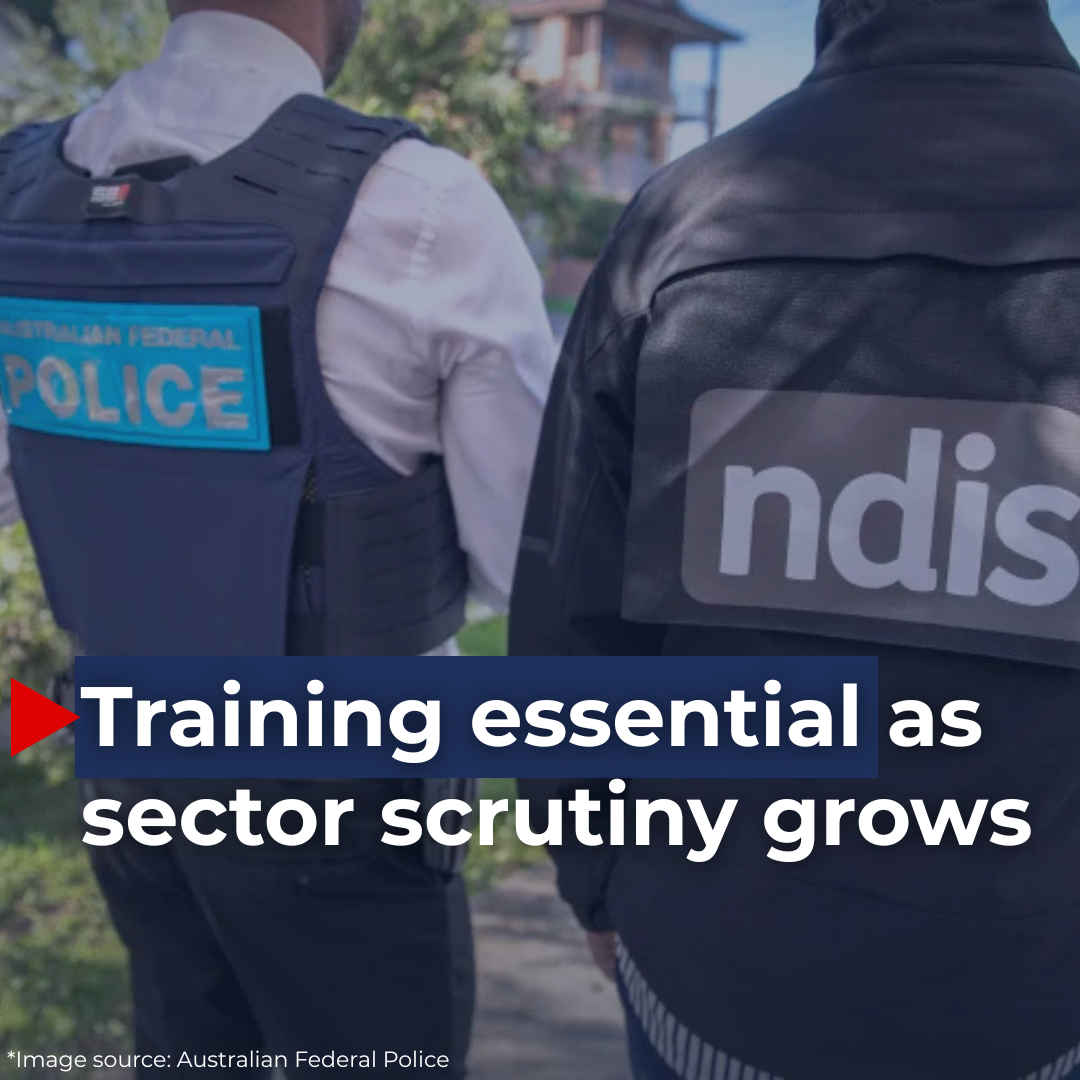Amid the growing scrutiny of the disability and aged care sectors, recent events have underscored the urgent need for robust training in aged and disability care, particularly for providers working with clients who have complex needs. As these investigations continue, one truth stands out: when care providers fall short, it is the most vulnerable who suffer.
Behind the headlines of failed providers and suspended registrations are the lives of real people—older Australians and individuals with disability—who depend on frontline workers for stability, dignity, and support. These are not optional services; they are essential.
At Skills Centre Australia, we believe high-quality training is the foundation of ethical and effective care. The recent breakdowns in service delivery, financial management, and risk mitigation seen in parts of the industry highlight what happens when growth is prioritised over good practice, when systems fail to ensure workers are fully equipped for the complexity of the roles they hold.

A complex sector requires competent support
Working with aged care clients and people living with disability is not a one-size-fits-all job. These roles demand not just compassion, but specialised knowledge in a variety of areas. Without comprehensive training, support workers and care managers may struggle to identify early warning signs, manage challenging situations, or advocate effectively for client rights. Moreover, untrained, or undertrained, staff can unintentionally contribute to unsafe or even harmful environments—particularly in high-needs or specialist settings.
Training is not just a qualification, it is a safeguard
The collapse of prominent providers has revealed a troubling gap: rapid growth, impressive marketing, and investor-driven models are no substitute for professional integrity and frontline preparedness. While regulatory bodies have a role in enforcement, the first line of defence should always be a well-trained, competent workforce.
Quality training helps ensure:
- Client safety and dignity are upheld in all care settings
- Staff understand compliance obligations under frameworks
- Red flags (whether ethical, financial, or operational) are recognised and reported early
- Frontline workers are empowered to speak when something is wrong
At Skills Centre Australia, our training in aged and disability care are built with real-world application in mind. We work closely with industry experts and experienced care professionals to ensure our students are prepared to not only to meet the standards, but to raise them.

Rebuilding trust starts with education
In the wake of scandals and service disruptions, trust in the care sector must be rebuilt. This cannot be done through oversight alone—it requires investment in people. Providers must commit to ongoing professional development and create a culture where training is valued, not seen as a checkbox.
For workers entering the sector—or those already in the field—continued education offers both protection and opportunity. It means being able to deliver better care, respond confidently in challenging situations, and ensure clients are not just managed, but supported wholeheartedly.

The calls for reform across the disability and aged care sectors are not just about regulation, they are about responsibility. Training is a critical part of that responsibility. It empowers workers, strengthens providers, and most importantly, protects the people at the heart of the system.
At Skills Centre Australia, we are proud to play a vital role in shaping a workforce that is not only qualified, but genuinely prepared to meet the needs of those they care for. In a sector where lives depend on quality, training is not optional—it is essential.
If you, or your team, need upskilling, contact us today on (08) 8340 6875 or visit our website https://kcskillscentre.com.au/ to enrol.


